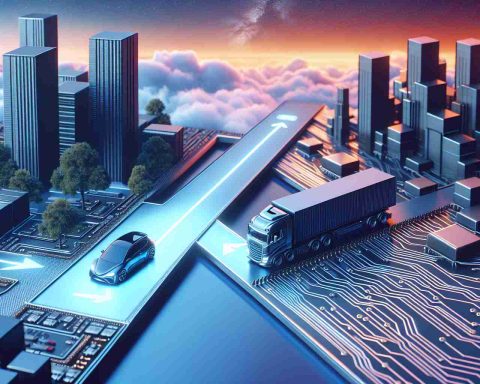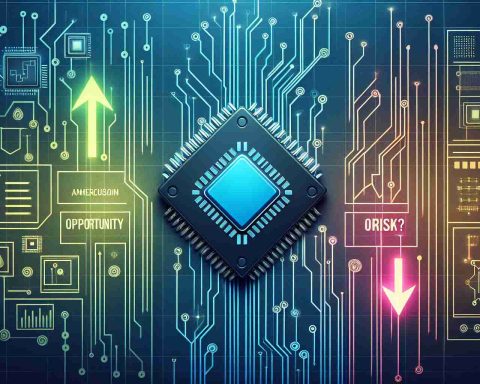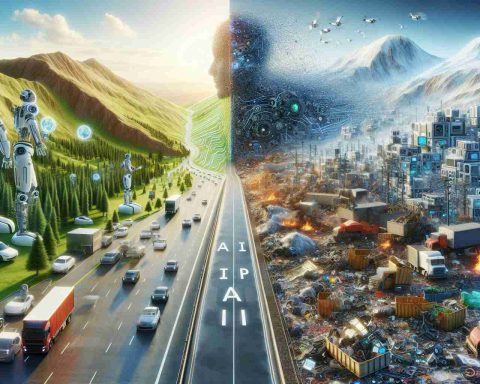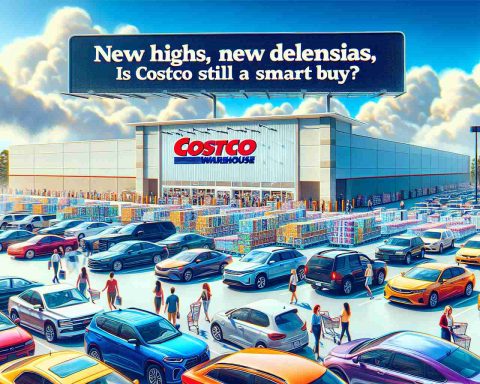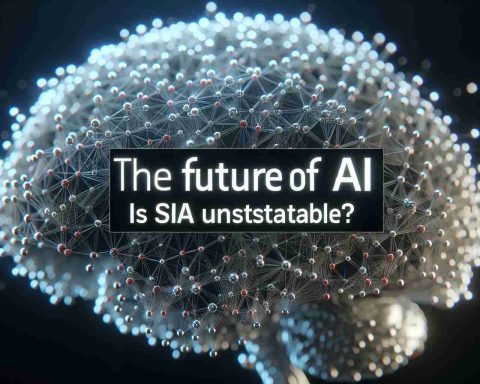The Impact of Advancements in AI Technology on Visual Content
As AI technology continues to rapidly evolve, the realm of AI-generated visuals is undergoing a significant transformation. Gone are the days of distorted, comical creations; today, AI has crossed a new threshold of realism. Formerly, identifying AI-generated images was relatively easy due to subtle mistakes in the background, clothing, or eyes. However, recent advancements have blurred the line between AI-generated content and authentic photography. Notably, a video featuring an uncanny rendition of actor Will Smith eating spaghetti drew attention, resembling a scene from a horror movie.
Interestingly, the pace of progress in AI-generated visuals is astonishing. While concerns about the ethical use of AI persist, the potential for misinformation and manipulation looms large. High-profile figures like Elon Musk have inadvertently contributed to the dissemination of AI-generated content, unintentionally blurring the line between reality and fabrication.
Navigating the Era of AI Visual Deception
With the rise of realistic AI-generated content, the risk of malicious intent grows. The potential for fabricated footage to influence public opinion or even damage reputations is a looming threat. As the technology becomes cheaper and more accessible, combating AI-generated deception becomes a critical challenge. The key lies in vigilant skepticism towards online content, particularly on social media platforms where misinformation can spread rapidly.
While regulatory efforts like the EU’s AI Act aim to mitigate the risks posed by AI, enforcing such measures remains a formidable task. As society confronts the swift evolution of AI technology, a collective understanding of its implications is paramount. Educating individuals on responsible engagement with AI tools is essential to navigating the complexities of this new era of visual media.
Exploring Uncharted Territories in AI-Generated Visuals
The progression of AI-generated visuals ventures into unexplored territories as technology advances at an accelerated pace. Despite the remarkable strides made in creating realistic content, there are key aspects of this evolution that merit attention.
What are the New Frontiers of AI-Generated Visuals?
One fascinating area in the evolution of AI-generated visuals is the integration of style transfer techniques. These methods allow AI to replicate the artistic styles of famous painters or merge different visual genres seamlessly. This innovation opens up a world of creative possibilities, blurring the boundaries between human artistry and machine creativity.
Are There Risks Associated with AI-Generated Visuals?
While the potential for artistic expression and innovation is vast, the risks of misuse and deception also increase. As AI algorithms become more sophisticated, the line between authentic and fabricated visuals continues to blur, raising concerns about potential misinformation and fraudulent activities. Safeguarding against the manipulation of AI-generated visuals presents a pressing challenge in today’s digital landscape.
What Advantages and Disadvantages Come with AI-Generated Visuals?
The advantages of AI-generated visuals are manifold, including enhanced productivity in creative industries, cost-effective design solutions, and novel artistic explorations. However, the disadvantages encompass ethical dilemmas, such as the unauthorized use of copyrighted material and the potential erosion of trust in media authenticity. Balancing the benefits and drawbacks of AI-generated visuals is crucial for harnessing their full potential responsibly.
Addressing the Complexities of AI Visuals
As society grapples with the complexities of AI-generated visuals, critical questions arise regarding the regulation, ethics, and societal impact of these advancements. Striking a balance between innovation and oversight is essential to harnessing the transformative power of AI technology while safeguarding against misuse and deception.
Related Links:
Digital Trends
VentureBeat
TechCrunch

